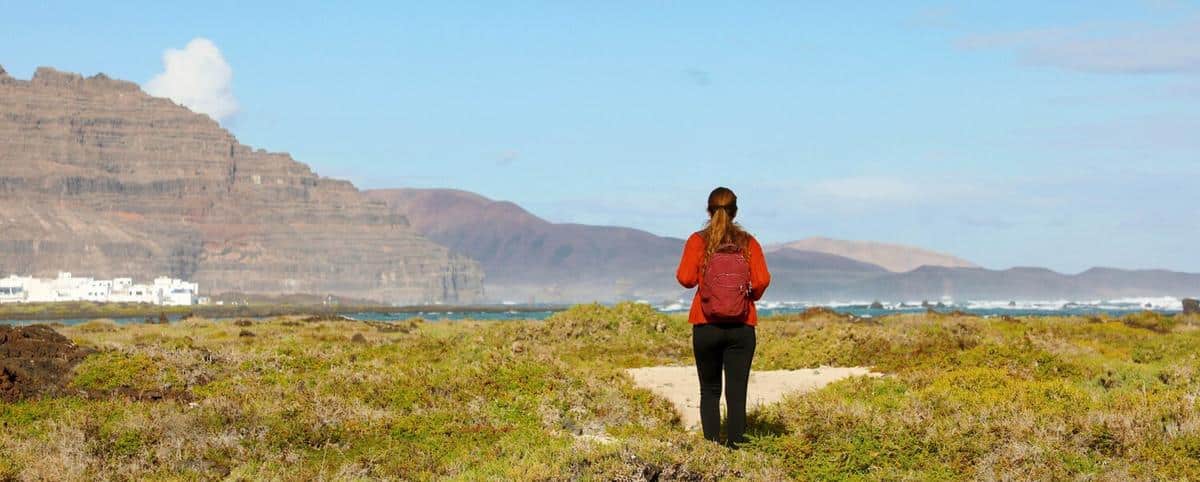
The Rise of Eco-Tourism: A Guide for Conscious Travelers
As we become increasingly aware of our environmental impact, travelers around the globe are turning to eco-tourism as a way to explore the world responsibly.
Understanding Eco-Tourism
Eco-tourism is more than just a buzzword; it’s a movement towards sustainable travel practices that respect natural environments and local cultures. According to the Global Eco-tourism Network, eco-tourism is defined as “responsible travel to natural areas that conserves the environment, sustains the well-being of the local people, and involves interpretation and education.” This definition highlights the core principles of eco-tourism: conservation, community involvement, and education.
The Benefits of Eco-Tourism
Eco-tourism not only benefits the environment but also supports local economies. A study by the World Tourism Organization indicates that eco-tourism can contribute significantly to sustainable development by creating jobs and promoting cultural exchange. For instance, eco-lodges in Costa Rica have been recognized for providing employment opportunities to local communities while preserving the rich biodiversity of the region.
Expert Opinions
“Eco-tourism offers a unique opportunity to engage with nature in a meaningful way,” says Dr. Fiona Marshall, a renowned environmental scientist. “By choosing eco-friendly travel options, tourists can play a vital role in preserving our planet for future generations.”
Personal Experience: A Journey to Remember
During my recent visit to New Zealand, I opted for an eco-friendly tour that focused on the native Maori culture and the country’s stunning landscapes. Not only did I learn about the importance of conserving natural habitats, but I also had the chance to support local artisans selling handmade crafts. This experience was both enriching and eye-opening, demonstrating the true essence of eco-tourism.
Actionable Tips for Conscious Travelers
- Choose accommodations that are certified by recognized sustainable tourism organizations.
- Support local businesses and avoid large, commercialized tourist attractions.
- Travel with reusable items to minimize waste, such as water bottles and shopping bags.
- Participate in volunteer opportunities that contribute to environmental conservation.
Research destinations that are known for their commitment to sustainability. Websites like the International Eco-tourism Society offer valuable insights and resources for eco-conscious travelers.
Eco-Tourism Destinations: A Comparison
| Destination | Key Features | Best Time to Visit |
|---|---|---|
| Costa Rica | Biodiverse rainforests, eco-lodges | December to April |
| New Zealand | Maori culture, stunning landscapes | December to March |
| Norway | Northern lights, fjords | May to September |
| Kenya | Wildlife safaris, community tourism | June to October |
| Peru | Incan heritage, Amazon rainforest | May to September |
| Thailand | Marine reserves, cultural heritage | November to April |
| Galapagos Islands | Unique wildlife, conservation efforts | All year round |
| Iceland | Geothermal springs, glaciers | June to August |
Frequently Asked Questions
What is eco-tourism?
Eco-tourism is responsible travel to natural areas that conserves the environment, sustains the well-being of local people, and involves interpretation and education.
How can I practice eco-tourism?
You can practice eco-tourism by choosing sustainable travel options, supporting local communities, minimizing waste, and respecting wildlife habitats.
Why is eco-tourism important?
Eco-tourism is important because it promotes conservation, supports local economies, and provides educational experiences that foster environmental awareness.
Conclusion
As eco-tourism continues to rise in popularity, it offers a promising path towards more sustainable and meaningful travel experiences. By incorporating eco-friendly practices into our travel plans, we can protect the environment and enrich our understanding of diverse cultures. So next time you plan a trip, consider how you can make your journey more eco-conscious and impactful.


